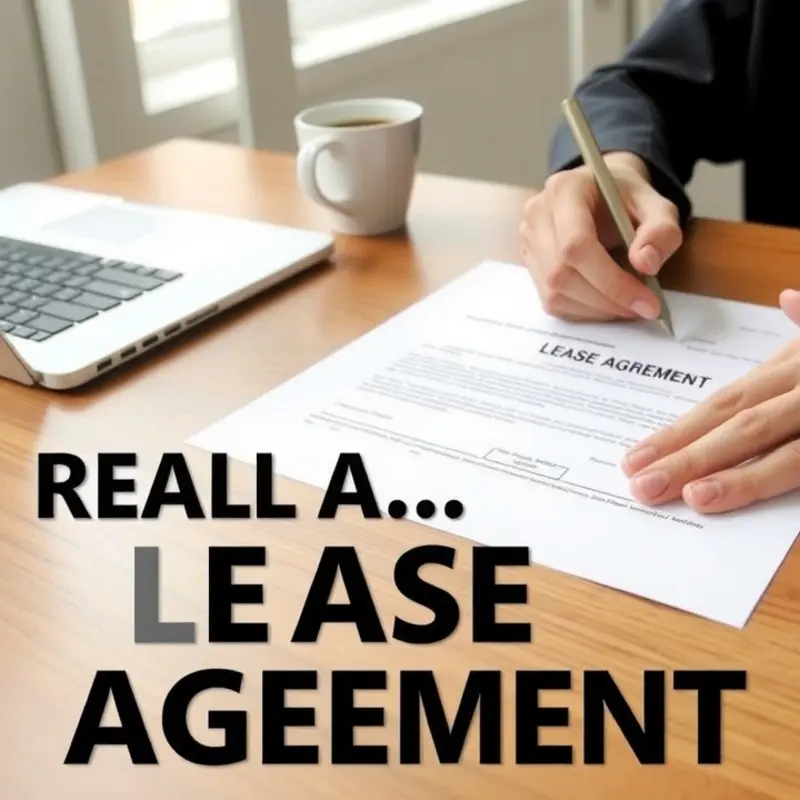Moving into a new apartment can often feel like a daunting task, especially for young professionals, first-time renters, students, couples, and families. As you embark on this journey, it’s essential to have a clear understanding of the various costs associated with your move-in process. From application fees to security deposits, knowing what to expect can help you budget wisely and avoid surprises. Each expense can play a crucial role in your overall financial planning, enabling you to settle comfortably into your new living space. By breaking down the different move-in costs and providing helpful budgeting tips, this guide aims to ease some of the anxiety surrounding the transition to your new apartment. Let’s delve into the key expenses and put you on the right path to a smooth move-in experience.
Essential Move-In Expenses to Consider

Moving into a new apartment involves a variety of essential expenses that require careful budgeting. Understanding these costs can help ensure a smooth transition and avoid unexpected financial strain. Below, we explore critical move-in expenses that should be on your radar.
One of the first costs you’ll encounter is the application fee. Landlords and property management companies typically charge this fee to cover the cost of background checks and processing rental applications. It can range from $20 to $100, depending on the location and market demand. While this might seem minor, when applying to multiple properties, these fees can add up quickly, so it’s wise to limit applications to places you’re highly interested in.
Once your application is approved, you’ll likely need to pay a security deposit. This is generally equivalent to one to two months’ rent and serves as collateral in case of damage to the apartment or unpaid rent. Make sure to carefully inspect your new home upon move-in and document any existing damage to ensure your deposit is returned in full when you move out.
In addition to the security deposit, there may be other upfront costs, such as first and last month’s rent, which helps landlords secure their income streams. Clarify with your landlord if this is required and plan your finances accordingly.
Next on the list are moving expenses, which can vary significantly based on distance, the volume of belongings, and whether you use a professional moving service. Renters moving nearby might manage with a rented truck, while long-distance moves could necessitate professional help, which can run into the hundreds or thousands of dollars. Planning to move during off-peak times, such as weekdays or during the fall and winter months, can often result in lower rates.
Beyond these primary expenses, remember utility deposits if utilities are not included in your rent. Services such as electricity, gas, water, and internet may require deposits for new accounts. Contact local providers a few weeks before your move to understand the cost and schedules.
To effectively budget for these costs, create a checklist of all potential expenses. Start by estimating each cost, prioritizing according to necessity, and penciling in the exact amounts once confirmed. For comprehensive financial preparation, consider reviewing financial planning tips for renters, which can provide additional insights on managing rental-related expenses.
Finally, it’s wise to save an emergency fund equivalent to a few months’ rent. This safety net can protect against unexpected costs or gaps between income and expenses, such as emergency repairs or temporary income loss.
Calculating and planning for these essential move-in expenses can make settling into a new apartment less stressful and more financially stable. Having a clear budget allows you to avoid unwelcome surprises and focus on making your new house feel like home.
Understanding Lease Agreements and Hidden Costs

Navigating lease agreements can feel like deciphering a foreign language to renters. Yet, understanding these documents is crucial to avoid unexpected costs.
Key Lease Terms
Most leases require familiarity with terms that dictate your living conditions. Common terms include “lease term,” indicating the contract duration; “security deposit,” a sum paid upfront for potential damages; and “notice period,” defining how much time you must give before vacating.
Grace periods refer to times you can pay rent late without penalty. Knowing this can save you from unnecessary fees. The “quiet hours” clause mandates noise restrictions during certain hours, ensuring peaceful coexistence with neighbors.
Hidden Fees
Besides your monthly rent, leases often harbor hidden fees. Administrative fees cover paperwork and background checks. Application fees are non-refundable charges for processing your tenancy application. Be clear if these are applied to the first month’s rent or are non-refundable.
Pet owners should be aware of pet deposits and monthly pet fees. These amounts can vary based on species and weight. Further, some apartments charge early termination fees if you need to leave your lease early to cover potential losses for the landlord.
Maintenance and Repairs
Understand who bears the responsibility for repairs in your apartment. Leases usually specify whether the tenant or landlord will undertake routine maintenance and major repairs. Some landlords include a list of service charges for specific repairs. Being informed can prevent you from shouldering unexpected bills.
Also, pay attention to terms surrounding alterations. While minor fixes might be permitted, substantial modifications often require landlord approval.
Insurance Requirements
Many landlords require renters insurance, protecting your personal property from theft or damage. This insurance also covers liability, potentially saving you legal costs if someone gets injured in your apartment. It’s wise to include this in your budget and understand what your policy covers.
Quick Facts about Early Lease Termination
Being aware of the terms surrounding early lease termination is vital. Some leases allow termination with proper notice but charge penalties, while others may have more lenient conditions, especially if the renter provides a replacement tenant. Review ways to resolve billing errors to ensure unexpected costs don’t arise at the end of your lease term.
Conclusion
Thoroughly understanding rental agreements and associated fees can prevent financial surprises. Knowledge is power, ensuring your move leads to a stress-free and well-budgeted new beginning.
Final words
Understanding the costs associated with moving into an apartment is essential for achieving financial clarity and ensuring a smooth transition to your new home. By familiarizing yourself with essential move-in expenses and the nuances of lease agreements, you’ll be better prepared to manage your budget effectively. Remember to plan for both expected and unexpected costs to avoid any financial hiccups. As you embark on this exciting new chapter, confidence in your financial readiness will allow you to concentrate on settling in and making the space your own. Always keep communication open with your landlord or property management to clarify any doubts.









